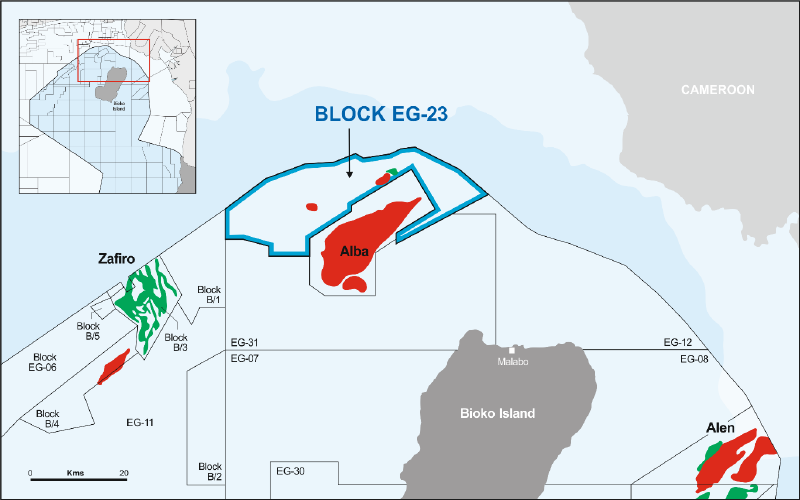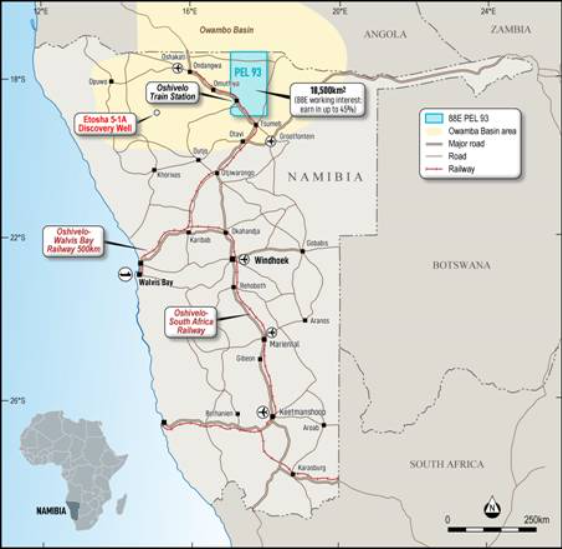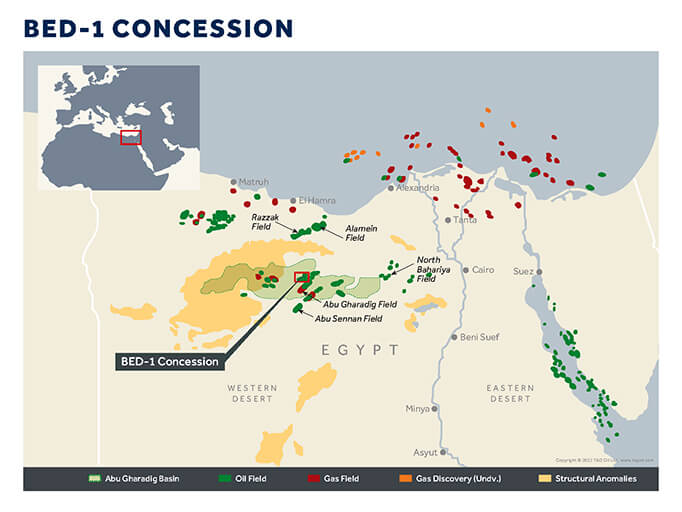OPINION: Tullow discloses payments but Kenya Energy bill falls short of making mandatory disclosures
By: Kenya Civil Society Platform on Oil and Gas
In a move internationally hailed as pioneering Tullow Oil has released its annual report including reporting at a project level.
Tullow in its released 2013 Report has published all the tax, royalty and other payments it has made to the Kenyan government across all levels. In the year ending 2013 it announced that it paid a total of $22 million (approximately 1.8 Billion KES) in taxes to the national government. This is inclusive of VAT, withholding tax on imported services and PAYE on our employee salaries. The amount is also inclusive of $212,000 in license fees. The total payment shows a significant increase in government revenue and indicates a level of increased activity by the Oil Company operating in three basins in Kenya.
The disclosure goes ahead to indicate a further spend of $48 million on local suppliers as compared to $29 million in 2012. The figure of $3 million (approx KES 258 Million) for undertakings with Turkana businesses is particularly instructive as it shows an enhanced level in local business participation in the Tullow operations. Compared to its global operations Tullow has been very successful in its Kenya operations with 7/7 Successful wells in country compared to the hitting of some dry wells in its operations globally.
These disclosures come at an opportune time as Kenya is reviewing its Energy law. Indeed Tullow in its annual report mentions the passage and Approval of Kenya’s Petroleum Legislation as a key milestone towards moving towards production. The energy bill is in its Fifth draft from the commencement of the process in 2012 lacks framework that would create uniformity in reporting in the nascent sector. The energy bill contains a major deficiency as it is lacking in creating a mandatory disclosure regime. While Tullow due to EU and progressive company requirements has reported on a project by project basis the law is silent on compelling other companies in country to undertake similar disclosures. A fundamental flaw is the lack of a ring fencing mechanism this is crucial in assessing the profitability of each project site and will have an impact in the event that the country switches to a different model of sharing revenues. In illustration if government takes on the proposed model based on the ratio of cumulative revenues and expenditures a project based reporting mechanism may make it easier to spot company inefficiencies at project level that will have an effect on government revenues.
Disclosures can lead to increased government revenues as released data is crowd sourced and scrutinized by a wide range of individuals and organizations. In the medium term a comparative review of revenues across three Tullows site of operation Ghana, Uganda and Kenya (although operating in different conditions) will lead to ascertaining whether indeed maximum benefits of the resources are gained by the governments. Additionally it may lead to cross border sharing of information across African countries enhancing regional integration.
Regulation is indeed a never ending fight of keeping up with the company and regulators should not only bring national legislation in vogue with practice but must be superior. The Kenyan Energy bill 2014 should go a step further than the United States Dodd Frank Reforms Act and the European Union’s Accounting and Transparency Directives provisions. The Kenyan constitution provides for such enhanced transparency in Article 71 and Article 35 on parliamentary ratification and the freedom to access such information. As Kenya is known for its pre eminence in the region its Oil and Gas law just like its constitution should be progressive and show significant foresight.
With the Cabinet Secretary quoted indicating that due to commerciality of the finds a push to go towards production should be accelerated it is prudent that a disclosure mechanism is in place. As we shift to production it is crucial that new legislation provides a solid basis for sustainable development of our oil and gas resources.
While Tullows disclosures are a step in the right direction the Kenya Civil Society Platform on Oil and Gas intimates that for prudent management of the resources disclosures should commence from the concession stage including public disclosure of all agreements.











